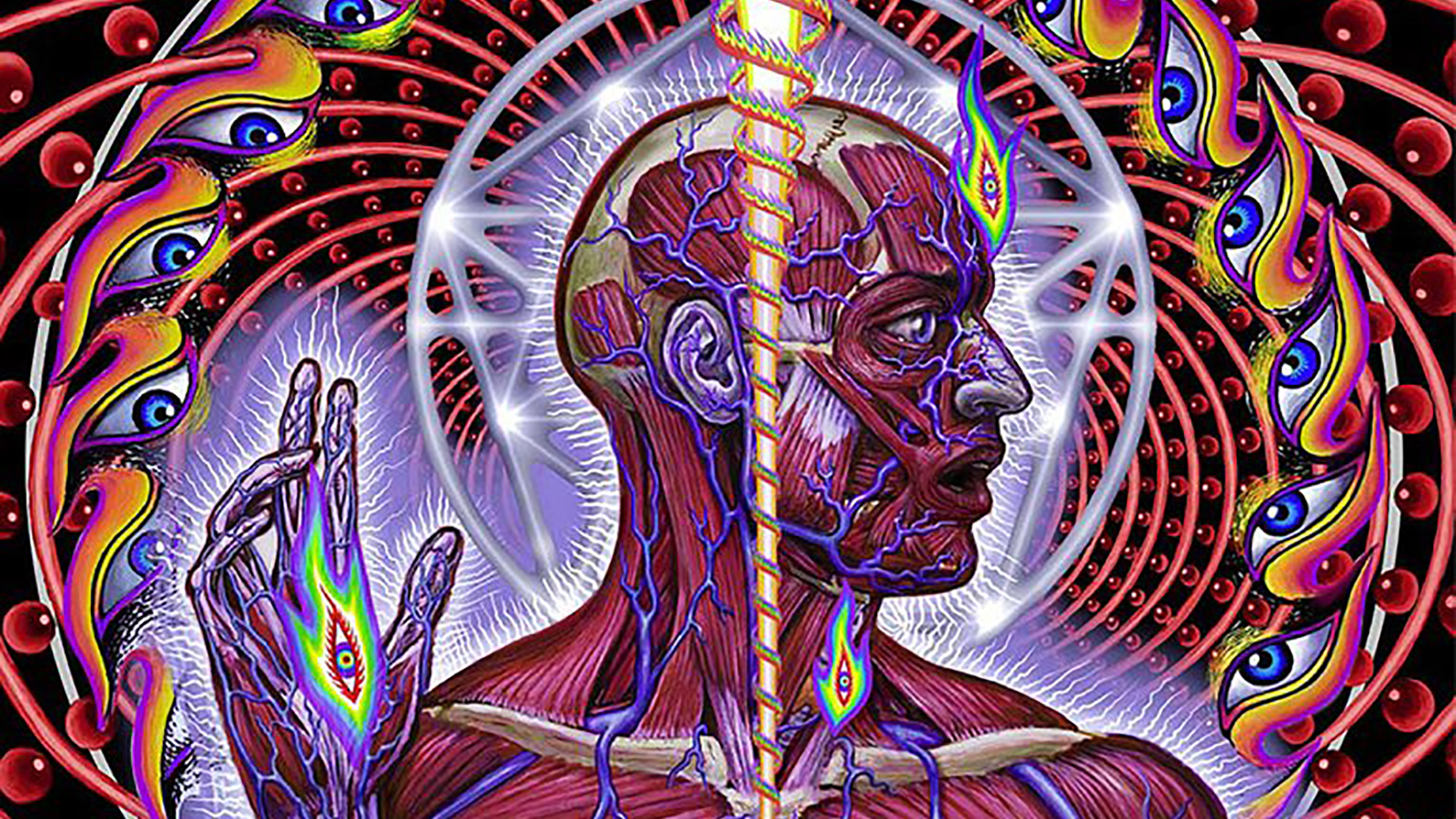
- #Joe all the things (deeper longer) album cover drivers
- #Joe all the things (deeper longer) album cover software
Respondents in this study generally say it is already difficult and it will become increasingly more difficult to find unconnected platforms, services and products and avoid participating in a connected world. It will be harder to disentangle from this system moving forward.”

– is strengthening the ability to connect multiple aspects of our lives online. That’s not end-user demand, that’s the inhumanity of capitalism.”Īntero Garcia, assistant professor at Colorado State University, wrote, “The grip of capitalist ecosystems – Apple, Google, Facebook, etc. Are you really going to opt out of that implanted heart device out of concerns for malware? I don’t remember where technologies that increase surveillance and decrease the value of labor have failed in the marketplace.
#Joe all the things (deeper longer) album cover drivers
Currently this program is voluntary, but how easy would it be to require all drivers to be monitored for coverage? This will become the norm and will proliferate throughout our daily life.”Īnother anonymous respondent said, “The question is posed as if there is meaningful choice. Example: Progressive Insurance’s Snapshot dongle to record your car’s performance and data-mine for driving behaviors and accidents. More systems will come online that require you to opt in to connectivity to achieve service. Companies are monetizing more thanks to the Internet of Things.”Īn anonymous respondent wrote, “I don’t feel you will be able to disconnect. More items will require connectivity and hence more sharing of personal data by users. Entertainment needs will require connection.”Īn anonymous respondent observed, “There will be no option but to do so as companies can extract subscription fees for use of connected devices.
#Joe all the things (deeper longer) album cover software
… IoT is being pushed as the norm, and the majority of people do not seem to be aware of the hazards, so they are thus driving the market in that direction.”Īn anonymous senior software engineer at Microsoft wrote, “Societal norms will dictate to connect. Spafford, a professor at Purdue University and an expert in computer security issues, wrote, “It appears that vendors do not appreciate the dangers involved in IoT, and offerings that don’t incorporate connectivity are increasingly rare.

Various anonymous respondents made these related remarks: Pratt, a freelance technology journalist, commented, “Even if individuals are concerned about the risks, they’ll find it difficult or impossible to opt out of these connections if they want to continue with the products or services they want and/or need.” The drive to continuously increase the user base by making it “sticky” and buying out or crushing competitors who might offer more choices is a standard characteristic of today’s most successful digital business platforms.īeing connected is becoming less and less of a choice, so even if someone wanted to disconnect, they would not realistically be able to. Some respondents said IoT businesses will make it increasingly difficult if not impossible for people to be able to opt out of the IoT-based services, platforms and knowledge-sharing resources and still have access to resources they desire or require. Fully withdrawing is extremely difficult, maybe impossible An anonymous respondent commented, “Disconnection and remaining in society are mutually incompatible.” Resistance is futile: Businesses will penalize those who disconnect social processes reward those who connect.

Even if there were no such carrot-stick motivations, network effects would leave the unconnected at a disadvantage. A share of these respondents noted that as businesses, governments and other organizations begin to reap benefits from the IoT, people will be rewarded for their use and suffer consequences for nonparticipation. They believe that opting out will not be an option in many situations, for example, in daily work and health care settings. Another significant group of these experts made the case that people will adopt products and services tied to the Internet of Things because it is their best life choice and at times their only choice.


 0 kommentar(er)
0 kommentar(er)
